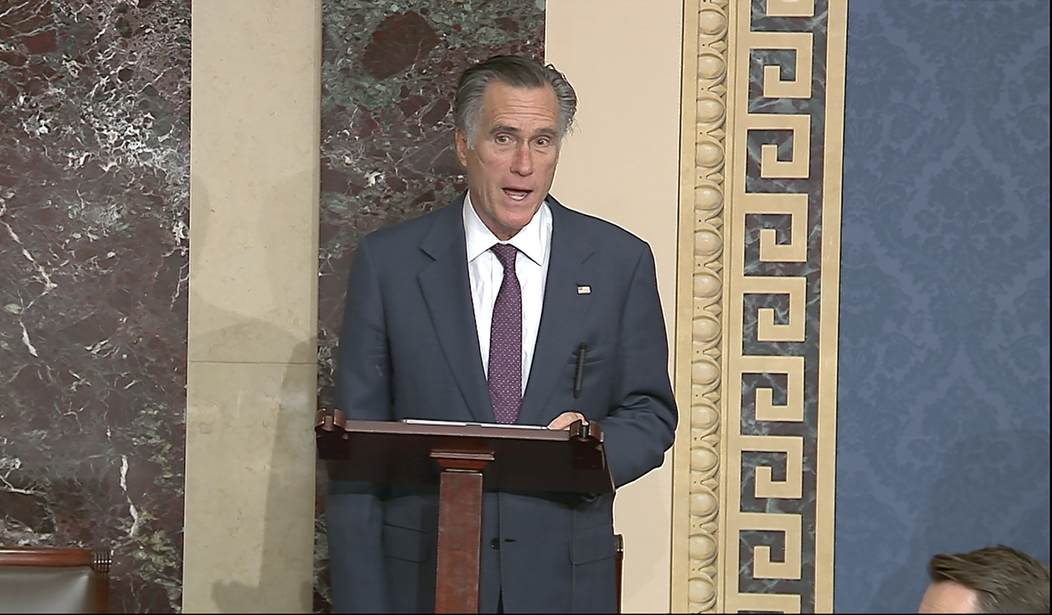Thanks to a 50-50 party split in the Senate for the next few years, a very small group of moderates from both parties who have indicated in the past a desire for bipartisan lawmaking may hold the key to success for a Joe Biden presidency.
West Virginia Democrat Joe Manchin has constantly been mentioned as a potential party-switcher, as has Montana Senator Jon Tester. But both appear to have settled in their roles as the most prominent Democratic Party moderates in the Senate. On the Republican side, Sens. Susan Collins, Mitt Romney, and Lisa Murkowski have bucked the Republican majority for years on some issues and have all shown a willingness to work with Democrats on big legislation. The most recent example was on the $900 billion pandemic relief bill, in which the four senators played prominent roles.
Especially on Supreme Court nominees, the moderates will hold the key to confirming Joe Biden’s choices. And on blocking radical Democratic proposals, Joe Manchin and Jon Tester will have a lot to say about the shape of climate-change legislation and “social justice” issues.
Romney and Collins and especially Manchin will have unprecedented leverage. In a related story, Manchin has sided with the GOP more often than Democrats would like. He has voiced fierce opposition to the AOC-led defund-the-police movement. He once proclaimed he would oppose “crazy stuff” such as expansion of the Supreme Court and eliminating the filibuster, which by extension would dash any hope of expansion of the Senate through D.C. statehood. And without Manchin on board for those big-ticket items, or Romney or Collins or Murkowski defecting (which isn’t happening on those issues), the Senate never even gets to that tie-breaking vote by the vice president.
“I think we have a golden opportunity to bring the country back together and for us to work in the middle,” Manchin recently told the New York Times. “I’ll tell you the reason why: The numbers are so close with what the Democratic House members lost. For Nancy Pelosi, she’s going to have to work with people that have a more moderate view than some of the people that pushed her from the left.”
The question for Republicans is how reliable a party vote Romney, Collins, and Murkowski will be. The chances are pretty good that one or a couple of them will defect on some issues. No doubt Democrats will test them early on to see how far they’ll stray to support their concept of “bipartisanship.”
The New Republic admits it will be tough going for the radicals for the next few years.
But, in other ways, the Senate will remain an obstacle to bold left-wing dreams. The only reason why Schumer will become majority leader is because moderate Democrats like Joe Manchin in West Virginia and Jon Tester in Montana managed to eke out reelection in 2018 despite the overwhelming pro-Trump sentiment in their states. Other Senate Democrats like Arizona’s Kyrsten Sinema, also elected in 2018, have thrived politically as centrists.
What this means is that clout in a Democratic Senate will rest with deal-making senators in the center. Depending on the issue, legislative coalitions will be forged with reasonable Republicans (and, yes, you can argue about the description) like Alaska’s Lisa Murkowski, a reelected Susan Collins in Maine, and the conservative–but courageous–Mitt Romney representing Utah.
The moderate coalition is not likely to be a trend in either party. The vast majority of Americans are still partisans who see the opposition as evil or corrupt or both. But for the time being, both Minority Leader McConnell and Majority Leader Schumer will have to deal with them in order to get anything done.










Join the conversation as a VIP Member